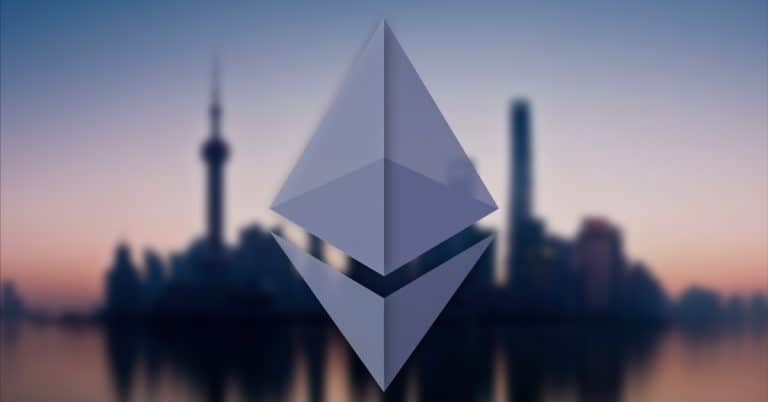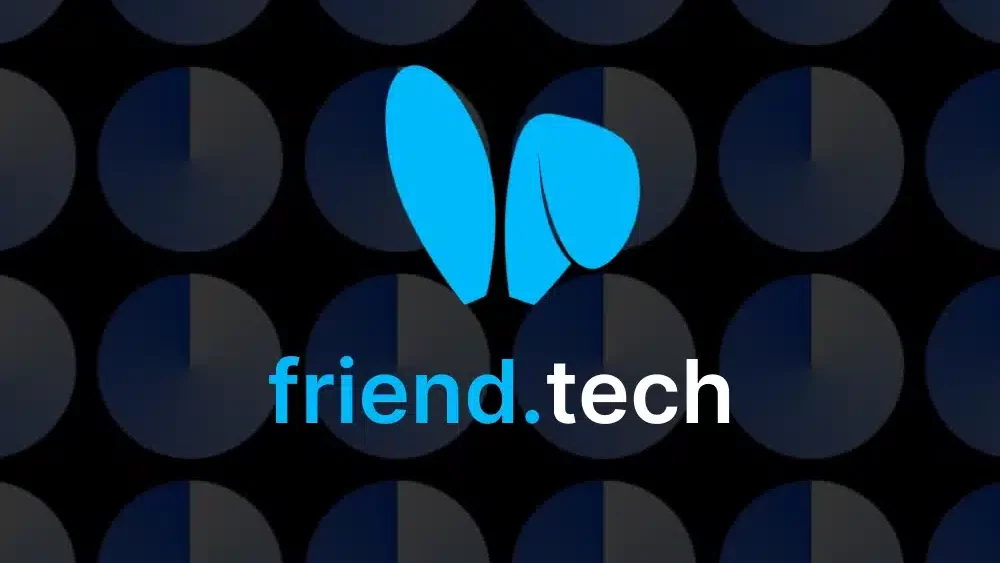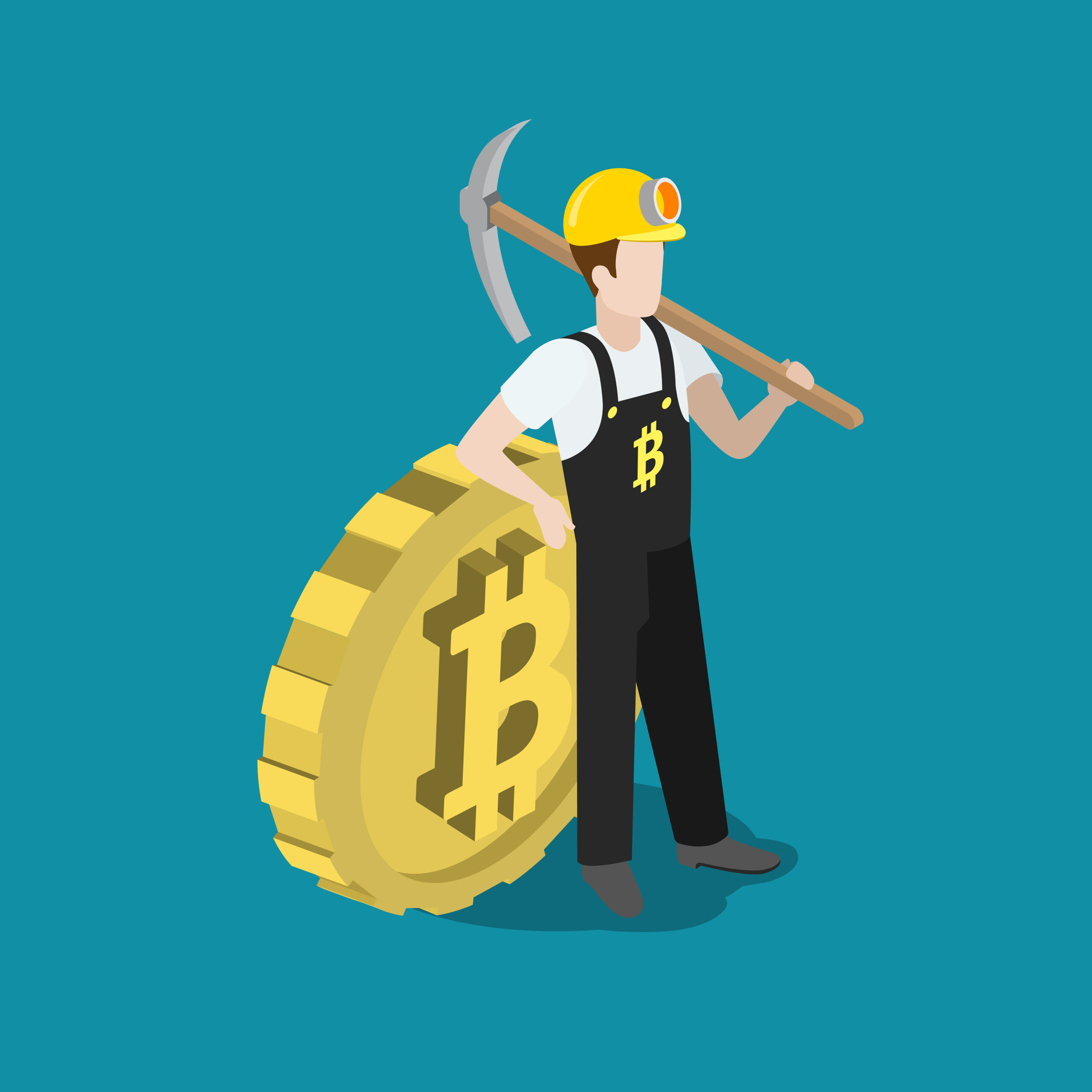Ethereum is a decentralized blockchain platform that has gained significant prominence in the world of decentralized finance (DeFi). DeFi refers to a set of financial applications and protocols built on top of blockchain networks, primarily Ethereum, that aim to recreate and enhance traditional financial systems in a decentralized manner. Here’s a detailed overview of Ethereum’s relationship with DeFi.

The ETH DeFi Relation
Smart Contracts and Ethereum
Ethereum introduced the concept of smart contracts, which are self-executing agreements with predefined rules and conditions. Smart contracts allow developers to build decentralized applications (DApps) on the Ethereum platform, including various DeFi protocols.
DeFi on Ethereum
Ethereum has become the leading platform for DeFi due to its robust infrastructure, widespread adoption, and programmability. DeFi protocols on Ethereum enable various financial activities like lending, borrowing, trading, investing, and more, without the need for intermediaries such as banks or traditional financial institutions.
Decentralized Exchanges (DEXs)
Ethereum-based DEXs, such as Uniswap, SushiSwap, and Balancer, have gained immense popularity within the DeFi space. These exchanges allow users to trade cryptocurrencies directly from their Ethereum wallets, without relying on a centralized exchange.
Lending and Borrowing
Ethereum-based lending platforms like Aave and Compound enable users to lend their cryptocurrencies and earn interest, or borrow assets by collateralizing their existing holdings. These platforms use smart contracts to automate the lending and borrowing process, making it efficient and transparent.
Stablecoins
Stablecoins, which are cryptocurrencies designed to maintain a stable value, have seen widespread adoption within the DeFi ecosystem. Ethereum is the primary platform for stablecoins like Tether (USDT), USD Coin (USDC), and DAI. These stablecoins provide a reliable medium of exchange and serve as a gateway between traditional and digital finance.
Yield Farming and Liquidity Mining
Ethereum-based DeFi protocols often incentivize users to participate by offering rewards in the form of additional tokens. Yield farming and liquidity mining involve users locking their cryptocurrencies in specific protocols to earn these rewards, thereby providing liquidity to the ecosystem.
Governance and DAOs
Ethereum’s decentralized nature enables the creation of decentralized autonomous organizations (DAOs) and allows token holders to participate in governance decisions. DAOs are community-driven organizations that collectively make decisions on protocol upgrades, fee structures, and other critical matters.
Scaling Challenges
Ethereum’s popularity has exposed scalability issues due to network congestion and high gas fees. As a result, Ethereum developers are actively working on solutions like Ethereum 2.0, which aims to transition the network from a proof-of-work to a more scalable proof-of-stake consensus mechanism.
Interoperability and Layer-2 Solutions
Ethereum’s compatibility with other blockchain networks through interoperability protocols like Polkadot, Cosmos, and Chainlink helps foster collaboration between different DeFi ecosystems. Additionally, Layer-2 solutions like Optimistic Rollups and ZK-Rollups aim to improve Ethereum’s scalability by processing transactions off-chain while maintaining the security of the main Ethereum network.
Innovation and Growth
Ethereum’s open and permissionless nature has allowed for significant innovation in the DeFi space. New protocols, applications, and financial instruments continue to be developed, offering novel opportunities and expanding the possibilities of decentralized finance.
It’s worth noting that while Ethereum has played a crucial role in the growth of DeFi, other blockchain platforms, such as Binance Smart Chain (BSC), Solana, and Avalanche, have also emerged as popular alternatives for DeFi applications due to their scalability and lower transaction fees.
Personal Note From MEXC Team
Check out our MEXC trading page and find out what we have to offer! There are also a ton of interesting articles to get you up to speed with the crypto world. Lastly, join our MEXC Creators project and share your opinion about everything crypto! Happy trading!
Join MEXC and Start Trading Today!



